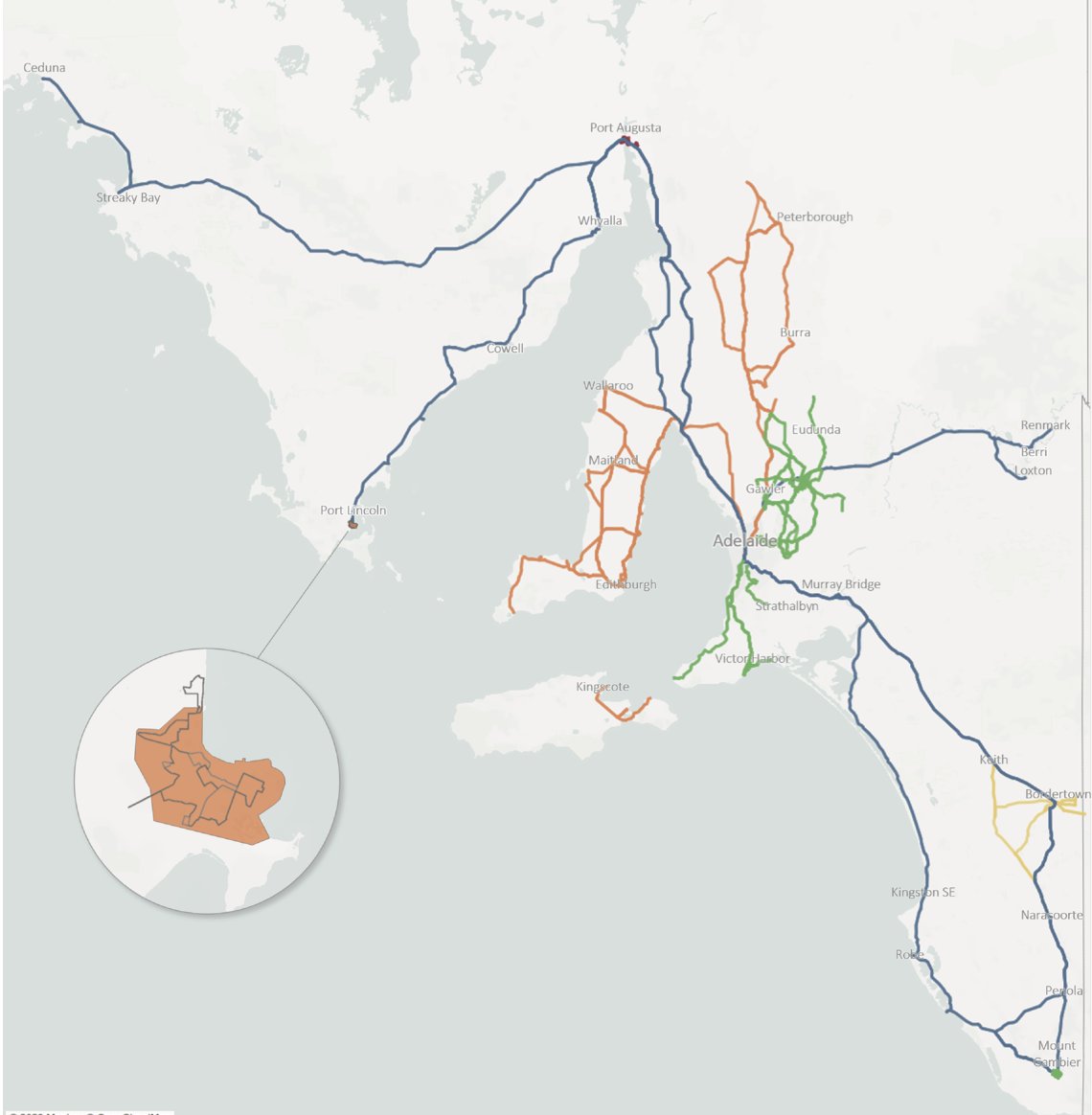Ministers have put forward a plan for the future of the railways, publishing a draft Bill for pre-legislative scrutiny.
The draft Rail Reform Bill sets in motion the plan to deliver a bold vision for future rail customers – of punctual and reliable services, simpler tickets and a modern and innovative railway that meets the needs of passengers and freight users. When passed, it will help deliver on the 2019 manifesto commitment by bringing forward the biggest rail reform programme in a generation to create a simpler, more effective rail system.
Since the end of the nationalisation seen under British Rail, passenger numbers have doubled and the quality of rolling stock has vastly improved. To meet the demands of a modern economy and society, we need our railways to be more responsive and more efficient, more adaptive to technology and innovation, and to fully embrace the private sector and its benefits.
The draft Bill will see the creation of Great British Railways (GBR), which will bring together responsibility for both rail infrastructure and services. This will provide clearer lines of accountability and help build a more modern and financially secure sector and a network that is more adaptable and more efficient.
GBR will ensure passengers and freight benefit from industry expertise through a whole-system approach that will drive financial efficiency. When established, GBR will be the new franchising authority, contracting with the private sector to deliver passenger services and maximise investment, innovation and opportunity.
The reforms will improve connectivity and choice for passengers, including by encouraging private sector open-access operators, where they add value for passengers through more direct links and more options.
The bill applies mainly to Great Britain, with Scottish and Welsh ministers continuing to exercise existing devolved responsibilities, but with an option to delegate contracting authority to GBR to enable the integration of track and train across Great Britain if they wished to pursue it.
Transport Secretary Mark Harper said: “It’s been nearly 200 years since the birth of the British railways, and with travel patterns having significantly changed over the last few years it is now more important than ever that they keep up with the changing times.
“This draft Bill demonstrates our commitment to reforming the railways – working with industry, we will move towards a more modern and financially secure rail network that delivers for passengers for the next 200 years too.”
The draft Rail Reform Bill will now undergo pre-legislative scrutiny to provide Parliamentarians and industry experts the opportunity to review and provide feedback on the legislation. This will allow for time to understand the complexities of these reforms and ensure that the final legislation is as robust as possible. Scrutiny will be led by the Transport Select Committee.
The national headquarters of Great British Railways will be in Derby, which was chosen following a rigorous assessment process and public vote, and will deliver yet more high-skilled jobs to the city. Since it was set up in 2021, the Great British Railways Transition Team (GBRTT) has already helped lay the foundations for bringing track and train together, uniting expertise from across Network Rail, DfT and the private sector to help tackle the challenges faced by the railways.
GBR will also be tasked with driving forward the UK’s rail freight sector, where the Government recently set an ambitious target of 75% growth by 2050.
Many reforms and tangible improvements for passengers are already being delivered. For example, Pay As You Go is currently being rolled out to more stations across the South East, and the Government recently announced that pilots will also see tap-in tap-out train travel brought to more than ninety stations in the West Midlands and Greater Manchester next year.
These trials will also pave the way for the future rollout of similar technology to more stations across the North and Midlands, funded in part by £100 million under the Network North plan. Network North will see a range of other upgrades to the rail network, including a further £350m to improve the accessibility of up to 100 rail stations, while funding reallocated from HS2 also means that the Government can now support the Ely Area Capacity Enhancement scheme that could allow up to an extra six freight trains per day to and from the Port of Felixstowe – the equivalent of taking 98,000 lorry journeys off the road every year.
Along with the draft Rail Reform Bill, the Government’s response to the public consultation on its Plan for Rail is also being published. This sets out how the public’s views on the proposed reforms have informed what has been taken forward in the draft legislation. The new Great British Railways will bring a whole-system view, benefiting customers and taxpayers and balancing the needs of operators and infrastructure. Across the many responses we received from individuals, industry and organisations there is support for the proposed primary legislative changes set out in the consultation.
Taken together the draft Rail Reform Bill will enable:
More accountability through the establishment of Great British Railways bybringing together the management of the network and the commissioning of passenger services into a new public rail body that puts customers first and delivers efficiency. The Secretary of State’s franchising authority functions will be transferred to Great British Railways, ensuring that operational and infrastructure decisions are made in a co-ordinated way. The new body will serve as the single point of accountability for the performance of the railway where previously it was split between Network Rail and the Secretary of State.
Better service by bringing track and train together enabling the sector to run as one system for the benefit of customers and taxpayers. Whole system strategic decision-making should lead to improved reliability and performance of passenger and freight services. Great British Railways’ regional structure is intended to ensure differing regional customer needs are part of decision-making.
Smarter growth of the sector as Great British Railways will be a commercially-focused organisation that will contract with the private sector to maximise investment and innovation throughout the sector. This includes improving connectivity and choice through more direct links and more options for passengers.
Greater efficiency by working in close partnership with the private sector to deliver a more efficient, modern rail system underpinned by better collaboration and aligned incentives, generating value and savings that will have benefits for passengers and taxpayers.
Improved focus on customers through specific accessibility and freight duties to ensure that accessibility on the railway is improved and the experience for disabled passengers is enhanced. Rail freight will be targeted for growth, recognising the sector’s economic benefits and potential for expansion.
Shadow Secretary of State for Transport, Louise Haigh, Tweeted: “Today ministers finally published rail reform proposals. But – like so many trains in Britain – they have arrived far too late. It has taken over five years for a draft of the bill to the published and ministers admit there are no plans to pass it before the election.
“Rail reform was first promised by the government back in September 2018. The Williams Report was finally published in May 2021, admitting “the old ways were not working” and claiming “we want our trains to run on time”.
“That was almost three years ago, with no action since. Since this government first promised rail reform we have seen: the highest ever level of train of cancellations; the biggest national rail strikes in decades; three operators lose contracts for poor performance; failing operators rewarded with £ millions in fees and bonuses.
“The decline of our railways is clear for all to see, and ministers openly admit the current system is failing passengers. So how has the Transport Secretary responded? By admitting he won’t pass his reforms through parliament before the next election.
“It is clear rail reform is not a priority for the Tories. It will be a priority for Labour. Labour will bring our railways into public ownership as contracts expire, and create a new unified body to run the railways in the interest of the passenger.”
Andrew Haines, Great British Railways Transition Team Lead and CEO of Network Rail said: “Passengers, freight customers and communities are crying out for a simpler, better railway and the publication of the draft Bill is an important step on that journey.
“Bringing track and train together under a guiding mind is by far the best way to improve the service the railway offers, unlock the economic potential of a growing network and reduce the burden on the taxpayer.”
Jacqueline Starr, CEO of RDG, said: “It is good news that the Draft Rail Reform Bill has been published, this is another important step in setting up Great British Railways and moving forward with the agreed reforms to improve the railway for the customer.
“The challenges facing the rail industry are well known, but rail is a vital service and should have a bright future if we work together. I look forward to working with the Government to further develop the reforms needed to deliver for customers.”
Darren Caplan, Chief Executive of the Railway Industry Association, said: “The Railway Industry Association welcomes the news that pre-legislative scrutiny of the Draft Rail Reform Bill is now being taken forward.
“Last May, RIA and 70 of our members wrote to Prime Minister Rishi Sunak about the need to take the establishment of Great British Railways forward. So whilst we would have wanted a full Transport Bill providing for GBR progressing already, it is good that the Government is at least taking this preliminary step towards unifying track and train, and developing a “guiding mind” and a long-term plan for the railway.
“At a time when rail demand in the UK is showing a steady and continuing upturn, and with the RIA-commissioned Steer Report published just this week reporting that passenger numbers will grow between 37% and 97% to 2050, the Government needs to accelerate legislative process without delay. The faster the Government pushes on with rail reform the faster we can remove uncertainty about the future structure of the industry and get on with building a vibrant and world-class railway for the future, delivering economic growth and enhanced connectivity across the UK in the decades ahead.”
RFG Director General, Maggie Simpson OBE, said: “We are pleased that government has listened to the concerns of the rail freight sector, and has set out how the new body will be required to ‘make provisions for the carriage of goods by rail’. This will help create confidence in the new rail structure and encourage private sector investment in rail freight growth.”
Rail Partners Chief Executive Andy Bagnall said: “The publication of the draft bill is a useful step forward, which clearly recognises that train companies add significant value to passengers and freight customers, alongside a guiding mind.
“Rail reform doesn’t have to be a binary choice between a monopoly railway in public hands and franchising. We must embrace the ‘best of both worlds,’ focusing the system outwards on customers by empowering operators to meet their needs, but also creating a single accountable body so the public knows who is in charge.
“While not a substitute for legislation, the draft bill kicks off an important process to identify areas of consensus and disagreement between the political parties ahead of a general election. In the meantime we must get on and deliver for customers, so non-legislative measures that support the freight growth target and improve the customer experience, such as more pay as you go, are very welcome.”
Silviya Barrett from charity Campaign for Better Transport said: “We welcome the publication of this draft bill, which is a much-needed step towards long-awaited rail reform, now we need to see it move swiftly through to the next stage. In the meantime, we urge the Government to move forward with changes that do not require legislation, including meaningful reforms to ticketing that deliver actual benefits and better value for passengers.”
Community Rail Network chief executive Jools Townsend said: “We welcome the draft bill, which we hope represents the start of a new era for rail, with it playing a more central role within our communities and helping us to create a sustainable transport future. Commitments to ensuring community needs are at the heart of rail decision-making will be crucial in delivering a railway that works for everyone, and enabling the modal shift we need, towards far more journeys made by rail, alongside buses, active travel, and community and shared mobility.
“At Community Rail Network, we are engaged in active dialogue with partners in government and the rail industry, to support the development of a more community-focused railway that delivers maximum social, environmental and economic value, now and for generations to come.”


